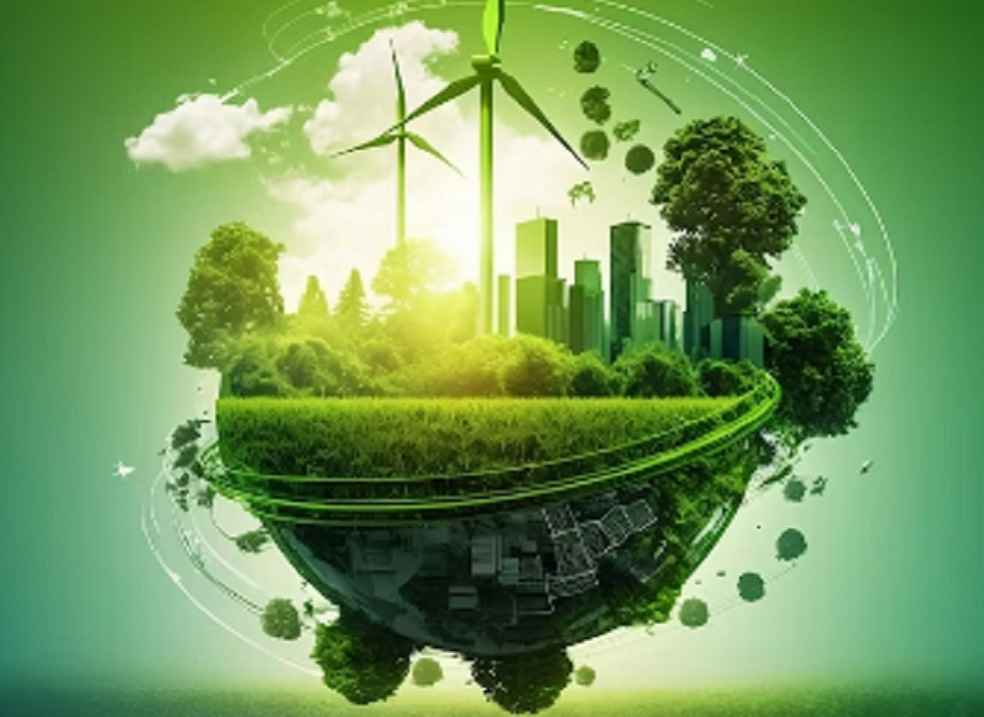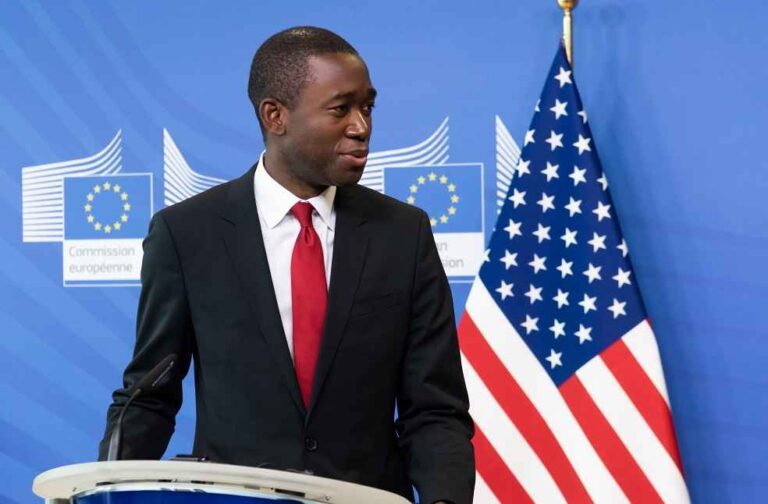US Deputy Treasury Secretary Wally Adeyemo staunchly defended the Inflation Reduction Act (IRA) at an industry conference, encouraging European counterparts to consider a similar green act. Focused on combating climate change, the IRA offers tax credits to stimulate the growth of green industries, including hydrogen, electric vehicles, and renewable energy.
The IRA has been received with skepticism by EU policymakers. The German government amongst others accuses the US of contravening the World Trade Organisation (WTO) rules by purportedly discriminating against foreign products.
Adeyemo dismissed these criticisms, clarifying that the IRA aims to promote global collaboration against climate change and enhance energy security without initiating a subsidy race or leaning towards protectionism. He emphasized the IRA’s role in reducing the costs of green technologies, thereby making a significant contribution to global climate goals.

Negotiations between the EU and the US are in progress, aiming to establish a Critical Minerals Agreement. This agreement aims to optimize mutual market access, potentially allowing European-made batteries to qualify for the US electric car subsidy scheme.
German Economy Minister Robert Habeck expressed concerns, suggesting the IRA could spark a contentious race for subsidies and mutually detrimental industrial practices due to its local content requirements. Adeyemo countered this, highlighting that many European manufacturers, especially those from Germany, operate production facilities within the US, allowing eligibility for IRA benefits.
A different approach characterizes Europe’s strategy, focusing on carbon pricing to discourage the use of non-environmentally friendly technologies. Observers, like Sigfried Russwurm of the German industry association BDI, argue that this approach could be reassessed for efficiency, suggesting the IRA could offer valuable insights.

Acknowledging the simplicity and directness of the IRA, Habeck also recognized the potential benefits of simplifying bureaucratic processes within the European subsidy systems. In the broader global context, with countries like China aggressively propelling their green industries with significant incentives, Adeyemo stressed the importance of strengthening local industries and policies to remain competitive and contribute significantly to global green technology advancements.
The discourse continues, aiming to unify and optimize international strategies, thereby enhancing collective efforts towards sustainable industry practices and effective climate action.
IMEX SECTOR | EU Proposes New Sanctions on Russia: Crippling Military Ops in Ukraine



